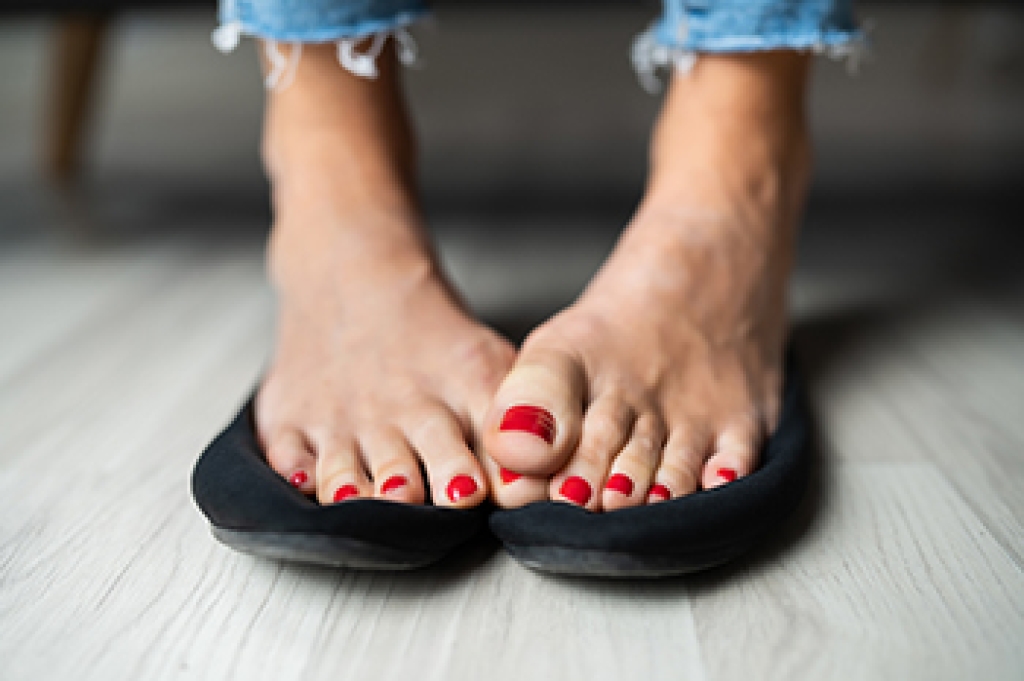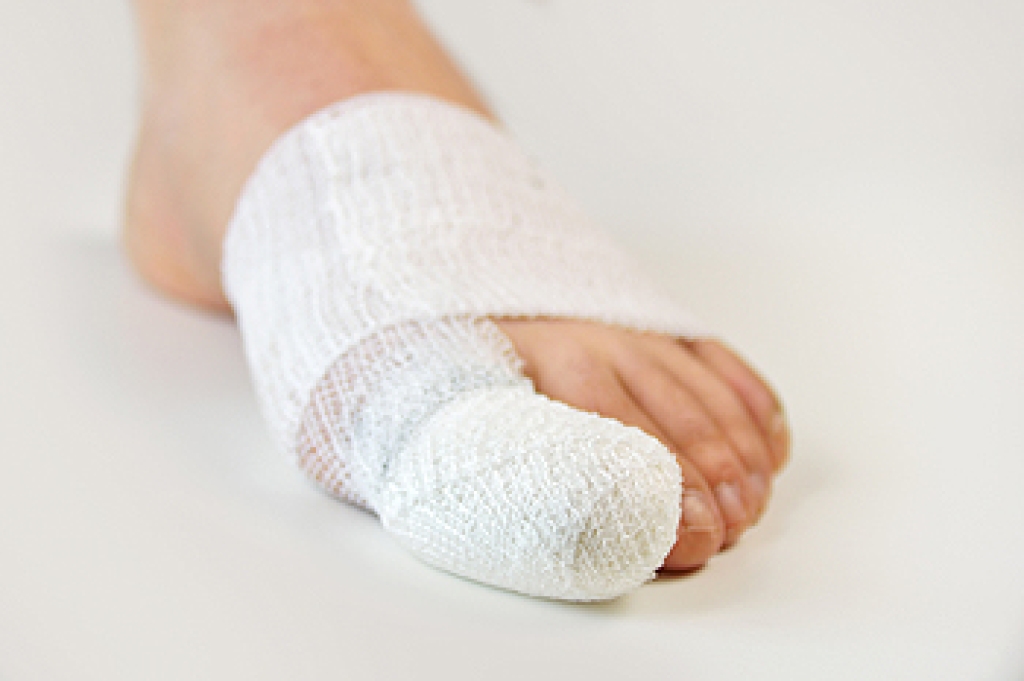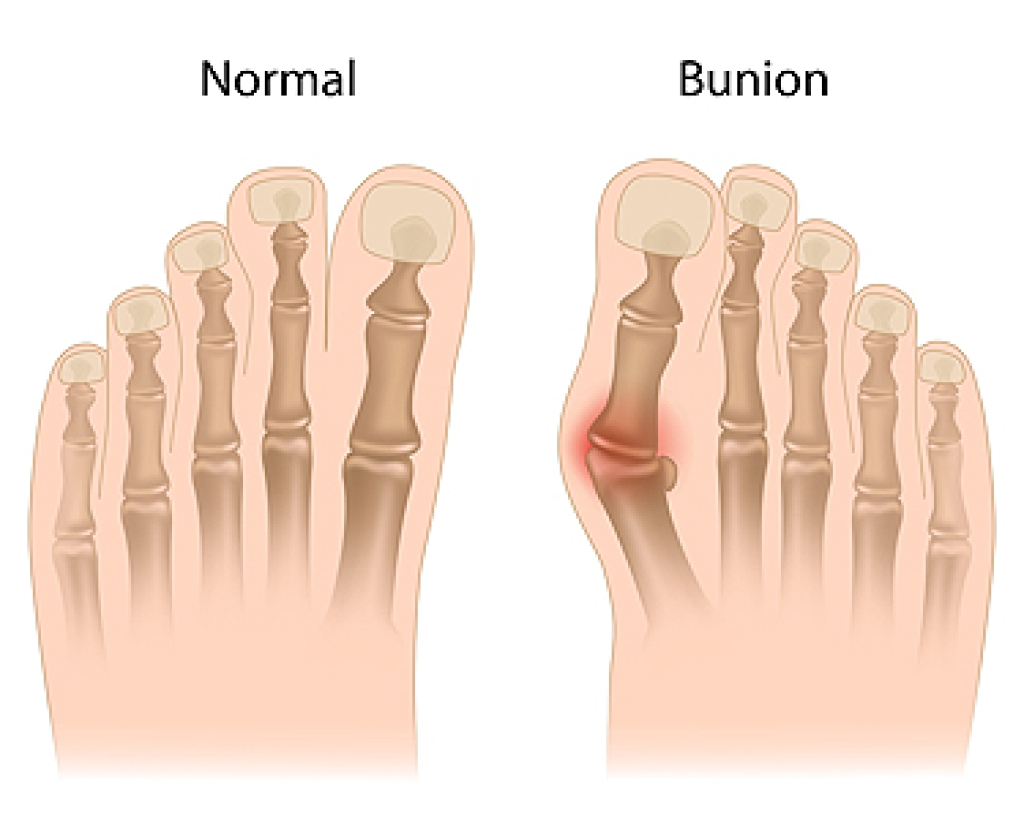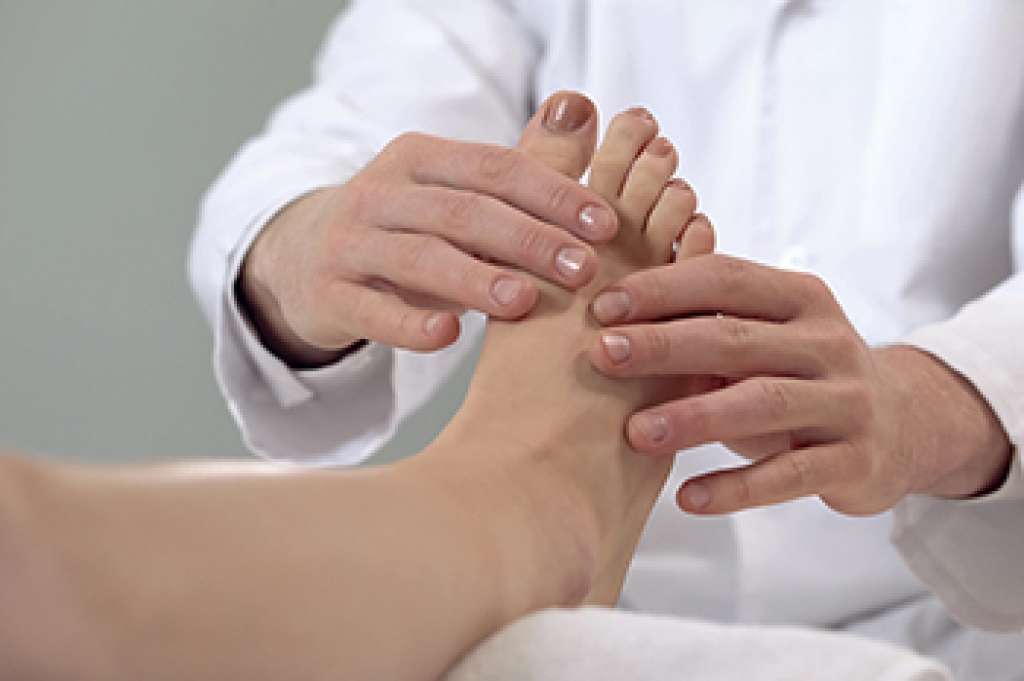Connect With Us
Blog
Blog
Why Are My Feet Sweating?

Hyperhidrosis is an excessive sweating that can affect the feet and other parts of the body. The medical terms are polyhidrosis and sudorrhea. This ailment is not life-threatening but can be uncomfortable and embarrassing. Many people who have this condition often notice signs in their teenage years, which can develop reasons such as obesity, diabetes, or a thyroid disorder. A common symptom that is associated with this ailment is profuse sweating on the soles of the feet that can often soak through the socks and shoes. The skin on the feet may ultimately be affected, and people who have hyperhidrosis may choose to refrain from having physical contact. If you have this condition, a podiatrist will be able to provide a proper diagnosis and guide you toward the correct treatment options. If more information is desired, it is strongly suggested that this type of doctor is contacted so relief can be found.
If you are suffering from hyperhidrosis contact one of our podiatrists of David A. Scalzo, DPM, PC and Associates. Our doctors can provide the care you need to attend to all of your foot and ankle needs.
Hyperhidrosis of the Feet
Hyperhidrosis is a rare disorder that can cause people to have excessive sweating of their feet. This can usually occur all on its own without rigorous activity involved. People who suffer from hyperhidrosis may also experience sweaty palms.
Although it is said that sweating is a healthy process meant to cool down the body temperature and to maintain a proper internal temperature, hyperhidrosis may prove to be a huge hindrance on a person’s everyday life.
Plantar hyperhidrosis is considered to be the main form of hyperhidrosis. Secondary hyperhidrosis can refer to sweating that occurs in areas other than the feet or hands and armpits. Often this may be a sign of it being related to another medical condition such as menopause, hyperthyroidism and even Parkinson’s disease.
In order to alleviate this condition, it is important to see your doctor so that they may prescribe the necessary medications so that you can begin to live a normal life again. If this is left untreated, it is said that it will persist throughout an individual’s life.
A last resort approach would be surgery, but it is best to speak with your doctor to find out what may be the best treatment for you.
If you have any questions, please feel free to contact our office located in Duryea, PA . We offer the newest diagnostic and treatment technologies for all your foot care needs.
Common Reasons a Toe May Become Fractured

The common reasons why people incur a broken toe is from dropping a heavy object on it, or stubbing it into a piece of furniture. Additionally, some patients may endure a toe injury, and the result may be a broken toe. Common symptoms that many people experience can include a popping sound as the toe snaps, and pain that becomes worse when the toe is moved. Additionally, bruising and swelling are common symptoms of a broken toe, and in severe cases, the affected toe may look deformed if it is displaced. A simple diagnosis consists of having an X-ray taken, and this can be helpful in determining how severely the toe is fractured. An effective treatment plan is called the buddy taping method, and this is done by taping the broken toe to the toe next to it. This is often successful in providing the stability that is needed as the healing process occurs. The foot and toe will feel better when it is frequently rested and elevated, and this may help to alleviate a portion of the swelling. If you have broken your toe, please schedule an appointment with a podiatrist as quickly as possible who can offer you a treatment method that is correct for you.
A broken toe can be very painful and lead to complications if not properly fixed. If you have any concerns about your feet, contact one of our podiatrists from David A. Scalzo, DPM, PC and Associates. Our doctors will treat your foot and ankle needs.
What to Know About a Broken Toe
Although most people try to avoid foot trauma such as banging, stubbing, or dropping heavy objects on their feet, the unfortunate fact is that it is a common occurrence. Given the fact that toes are positioned in front of the feet, they typically sustain the brunt of such trauma. When trauma occurs to a toe, the result can be a painful break (fracture).
Symptoms of a Broken Toe
- Throbbing pain
- Swelling
- Bruising on the skin and toenail
- The inability to move the toe
- Toe appears crooked or disfigured
- Tingling or numbness in the toe
Generally, it is best to stay off of the injured toe with the affected foot elevated.
Severe toe fractures may be treated with a splint, cast, and in some cases, minor surgery. Due to its position and the pressure it endures with daily activity, future complications can occur if the big toe is not properly treated.
If you have any questions, please feel free to contact our office located in Duryea, PA . We offer the newest diagnostic and treatment technologies for all your foot care needs.
Facts About Bunions

A bunion, medically known as hallux valgus, occurs when the base of the big toe bone moves outward, pushing the rest of the toe inward. A bunion can cause the foot to become wider, and make it difficult to find shoes that fit. It often rubs against the inside of the toe box and becomes red and irritated. Although wearing shoes that are too small, especially during one’s formative years, is not ideal, it is believed that genetics play a major role in the development of a bunion. Most people with bunions can find some relief through non-surgical means, including pain relief medication. In addition, finding wider shoes with a lower heel, and avoiding high heels, or shoes that are excessively pointy, can help. Losing weight may also reduce the pressure on the big toe. In severe cases, surgery is an option that can help correct the alignment of the toes. If a bunion is causing pain on a regular basis, it is a good idea to consult a podiatrist who can assess the situation and suggest a treatment plan.
If you are suffering from bunions, contact one of our podiatrists of David A. Scalzo, DPM, PC and Associates. Our doctors can provide the care you need to keep you pain-free and on your feet.
What Is a Bunion?
A bunion is formed of swollen tissue or an enlargement of boney growth, usually located at the base joint of the toe that connects to the foot. The swelling occurs due to the bones in the big toe shifting inward, which impacts the other toes of the foot. This causes the area around the base of the big toe to become inflamed and painful.
Why Do Bunions Form?
Genetics – Susceptibility to bunions are often hereditary
Stress on the feet – Poorly fitted and uncomfortable footwear that places stress on feet, such as heels, can worsen existing bunions
How Are Bunions Diagnosed?
Podiatrists often perform two tests – blood tests and x-rays – when trying to diagnose bunions, especially in the early stages of development. Blood tests help determine if the foot pain is being caused by something else, such as arthritis, while x-rays provide a clear picture of your bone structure to your provider.
How Are Bunions Treated?
- Refrain from wearing heels or similar shoes that cause discomfort
- Select wider shoes that can provide more comfort and reduce pain
- Anti-inflammatory and pain management drugs
- Orthotics or foot inserts
- Surgery
If you have any questions, please feel free to contact our office located in Duryea, PA . We offer the newest diagnostic and treatment technologies for all your foot care needs.
Shoes for Specific Sporting Activities

It is beneficial to begin looking after your child’s feet when they are babies. There are simple measures that can help protect their feet as the growing process occurs. When toddlers begin to walk, it is beneficial to walk barefoot while inside as this can help to strengthen their overall foot as the toes grip the floor. When walking outside, the correct shoes need to be worn in the right size. When children get an adequate amount of exercise it helps keep the joints and muscles strong, in addition to improving circulation. Additionally, having your child eat healthy foods that have enough levels of vitamin D can help to maintain strong bones and support healthy connective tissue. There are specific shoes to wear for certain types of sporting activities. Shoes that have good support and cushioning can help the feet feel comfortable while engaging in strenuous sports. Having good arch support may help to prevent potential foot conditions. If you have concerns about your children’s feet and would like more information about the type of shoes they should wear, please consult with a podiatrist who can answer any questions you may have.
Making sure that your children maintain good foot health is very important as they grow. If you have any questions, contact one of our podiatrists of David A. Scalzo, DPM, PC and Associates. Our doctors can provide the care you need to keep you pain-free and on your feet.
Keeping Children's Feet Healthy
Having healthy feet during childhood can help prevent medical problems later in life, namely in the back and legs. As children grow, their feet require different types of care. Here are some things to consider...
Although babies do not walk yet, it is still very important to take care of their feet.
Avoid putting tight shoes or socks on his or her feet.
Allow the baby to stretch and kick his or her feet to feel comfortable.
As a toddler, kids are now on the move and begin to develop differently. At this age, toddlers are getting a feel for walking, so don’t be alarmed if your toddler is unsteady or ‘walks funny’.
As your child gets older, it is important to teach them how to take care of their feet.
Show them proper hygiene to prevent infections such as fungus.
Be watchful for any pain or injury.
Have all injuries checked by a doctor as soon as possible.
Comfortable, protective shoes should always be worn, especially at play.
If you have any questions, please feel free to contact our office located in Duryea, PA . We offer the newest diagnostic and treatment technologies for all your foot care needs.
Blog Archives
- 2026
- 2025
- 2024
- 2023
- 2022

